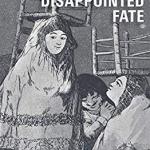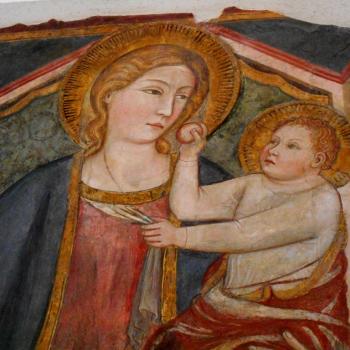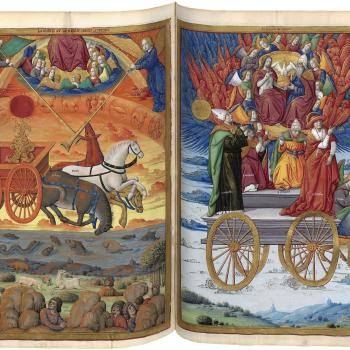A while ago I wandered into an argument on social media. Always a wise move (he says with sarcasm). The source of the argument was a friend sharing a homophobic meme about the Jesuit priest Father James Martin. As the product of Jesuit education, I bristled. As a Bostonian who struggled to hold on to his faith during the worst years of the sex abuse crisis in the church (said homophobic meme wandered into pederastic subject matter), I found it doubly insulting. In my own formation as a young Catholic, I disagreed with many church leaders. Cardinal Bernard Law, an old style prince of the church who relished attention and power (and who brought shame to the church with his handling of the sex abuse crisis), was never very inspiring to me. Though I respected Saint John Paul II as my Pope, his rigidity and his handling of the sex abuse crisis in the church left me uninspired and concerned. Still, I knew to be Catholic was to follow the Pope (this is The Literary Papist after all) and so I understood that whatever disagreements I had were to be contained within an overall respect for the institution of the Church and the Papacy on moral and religious matters. Whether I thought my fellow Catholics were becoming a bit too rabid about abortion and a bit too quiet about income inequality (and I did), the church’s main mission was to lead the spiritual lives of its followers and so even in disagreement I understood a thoughtful obedience was possible. Conservative Catholics relishing the papacies of Saint John Paul II and Benedict XVI used to remind those of us on the left that the Pope was the church. Obedience was expected. To be Catholic was, after all, to be a Papist.
Imagine my surprise in the days of Pope Francis to see so much of that opinion altered. So many who urged obedience to the previous popes openly dissent against this pope and attack priests whose policies they find too “left wing.” This, of course, is following an external script: the script of ultra-polarized politics that has dominated our political senses for at least the last 40 years. During the Bush years when Catholics were following the political paths of far right Evangelicals, it was obvious something was up. In so much of the aughts, so many assumed that to be Christian was to be conservative. This was accepted to such a degree that even many corners of the Democratic party have had trouble finding a language with which to find its faith (Hillary Clinton, however, did this in a way that was mostly ignored by the press). So many people around my age, born in the 80s and early 90s, have grown up in a world in which to be Christian was understood to have a particular politics. There is a long history to this going back to the rise of Televangelism and mega-churches through to an era in which some Christian labels reflect more political alignments than doctrinal ones.
The past, however, doesn’t help us now. I think of what the next generation of Catholics will be looking for. I think often, though this is perhaps wishful thinking on my part, that the millennial suspicion toward Capitalism and consumerism, their longing for community, new experiences, and connections outside of the marketplace make the Catholic church a natural outlet and home for millennials. Of course, the Church will have to work a bit to harness this energy.
First and foremost, the Church has to seriously consider its gender politics. Explorations toward a women’s diaconate must be undertaken speedily and they should end in the ordination of women deacons. Relatedly, the church should follow in the Church-sanctioned steps of Father James Martin and work to continually build a bridge to LGBTQ Catholics.
Secondly, the church must be a voice for life in all venues. What is often called “pro-life activism” is a cornerstone of the church but it must be complete, including radical energy devoted to income inequality, state violence, the death penalty, the violence of globalization, violence against women and girls, etc…
Finally, the church must transcend politics to amplify its radical gospel-based teachings. Too many Christians imagine their political affiliations automatically make them good Christians, leading them to imagine that Capitalism and American style democracy are the clearest expressions of Christian existence. We know they are not. The Gospel preaches a profoundly anti-capitalist state of affairs in which the amassing of wealth and spiritual enrichment are not only not aligned but often diametrically opposed. Young people are hungry for community that is not based on the demands of the marketplace. There is room for them around the donuts and coffeepots of church halls. They are hungry for the church’s devotion to serving the poor and for championing the cause of the weak and dispossessed.
We need, to put it plainly, a church that transcends the residue of the culture wars and foregrounds its deep history in championing life, service, and love of one another and of God.












